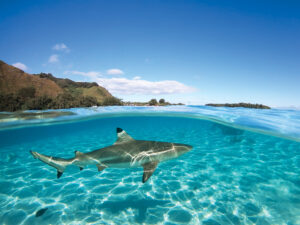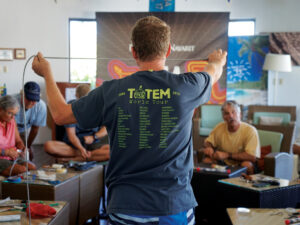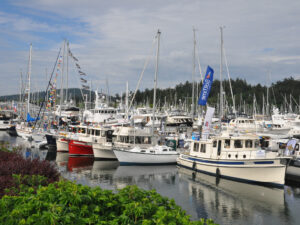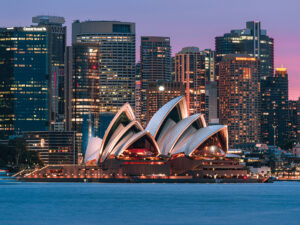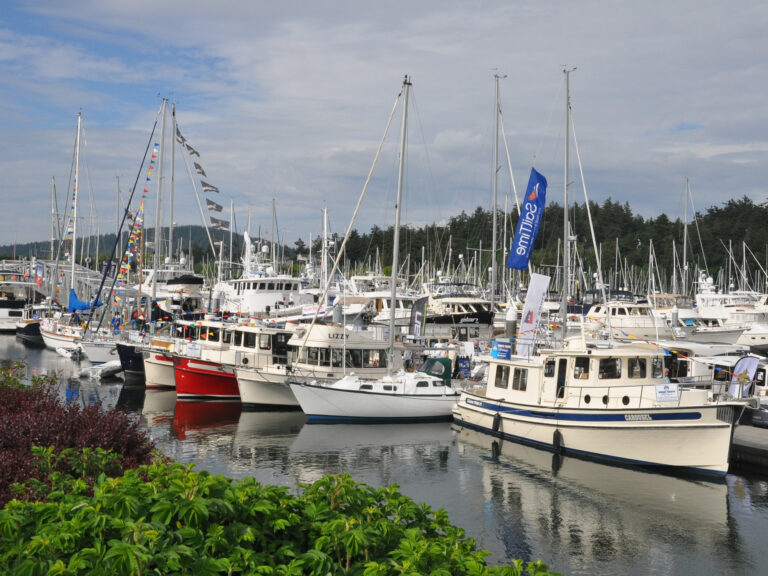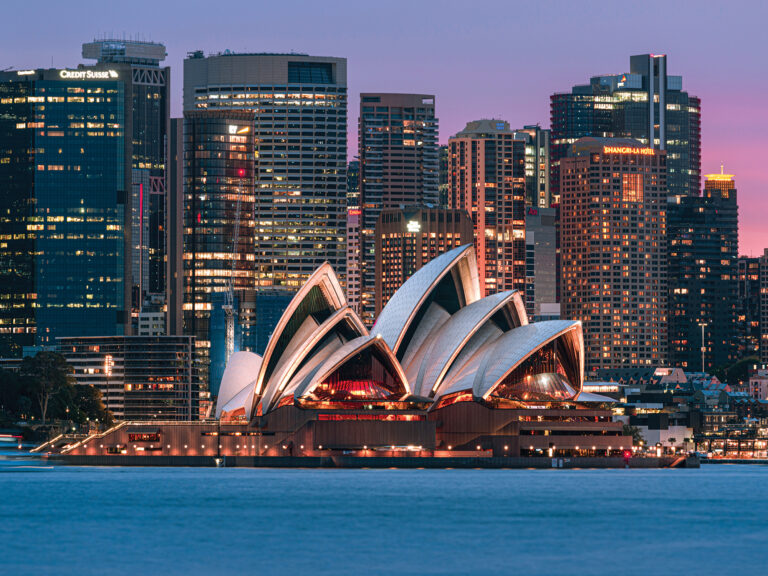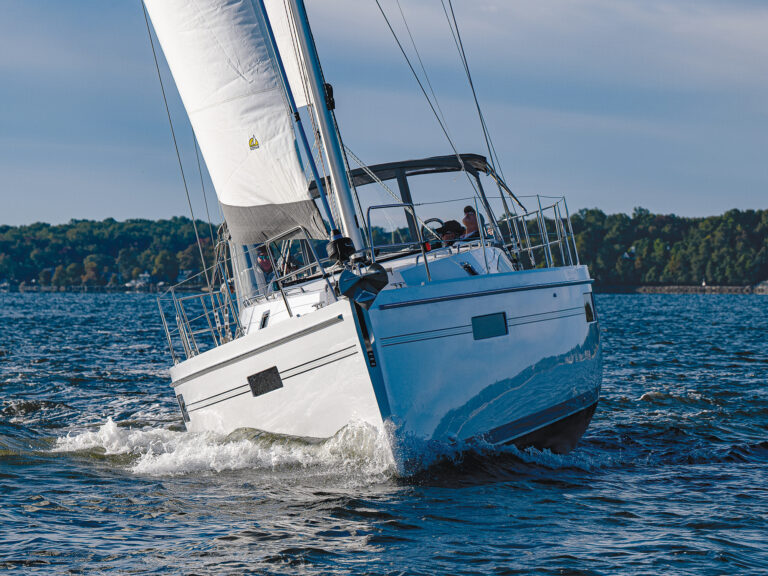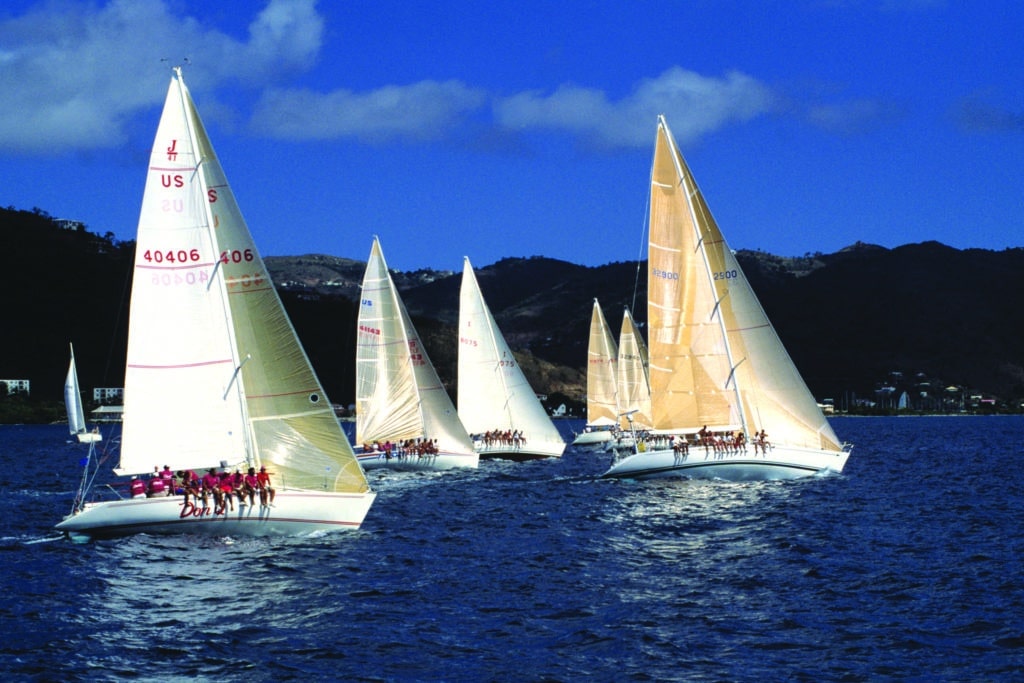
Getting sailors to be stewards for a healthier ocean is paramount to keeping the Caribbean vibrant for years to come. And what better way to impact sailors than to work collaboratively with the regattas they sail in year after year? Sailors for the Sea, an ocean conservation organization based in Newport, Rhode Island, is navigating the way toward a cleaner Caribbean by offering pragmatic solutions and support for sailors to reduce their environmental impact and heal the ocean. As the only environmental certification system for water-based events, the Clean Regatta program offers bronze, silver and gold status to regattas that comply with 25 best practices such as on-the-water recycling, composting and limiting carbon emissions.
“This is our playground,” says Judy Petz, director for the BVI Spring Regatta on Tortola (a gold-level Clean Regatta). “And for sailors, if we don’t keep this water as clean as possible, someday our playground won’t be as fun to play on anymore. It’s just our responsibility.”
Petz says education about ecologically conscious practices, such as recycling, is one of many challenges the Caribbean faces in its path to becoming more sustainable.
Every year, Caribbean regattas bring in thousands of tourists and have a sizable influence on small island economies. In 2014, studies estimated that the St. Thomas International Regatta (a bronze-level Clean Regatta) brought in over $1.1 million dollars of revenue to the island of St. Thomas in the USVI. But this growth means very little if it endangers the natural beauty that the Caribbean offers to so many.
“This year we’re going so far as to have volunteers stand next to the cans labeled Glass, Aluminum and Trash to make sure it all gets separated,” says Petz. “The island hasn’t embraced recycling and other practices that are commonly found in the United States. It’s very odd when people come and try to recycle but find that they simply can’t.”
In 2014, under Petz’s leadership, the BVI Spring Regatta required vendors to only use compostable materials, such as paper and cardboard. In addition, the regatta also supplied each sailor with a reusable water bottle and raised $3,000 to offset the event’s carbon footprint.
“When you’re looking for solutions to run a sustainable event in a place like the Caribbean,” says Hilary Kotoun, social impact director for Sailors for the Sea, “invention and ingenuity are very important traits to have.”
Tyson Bottenus is the sustainability director for Sailors for the Sea.

